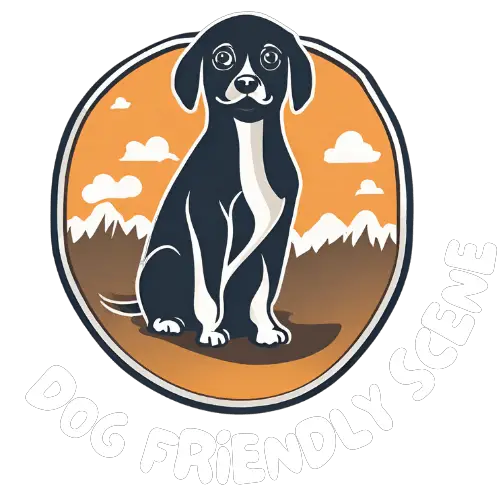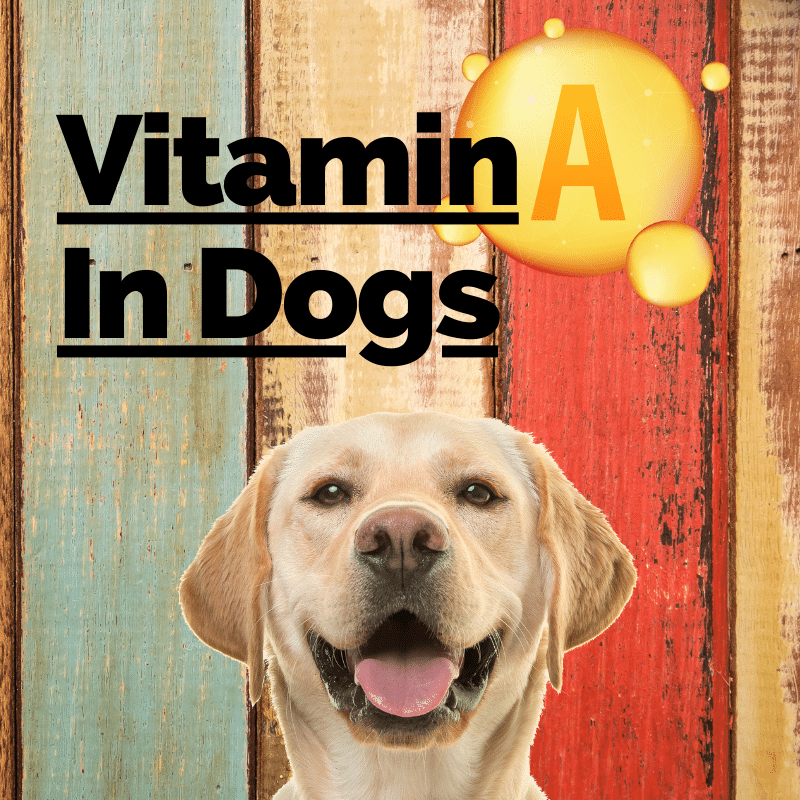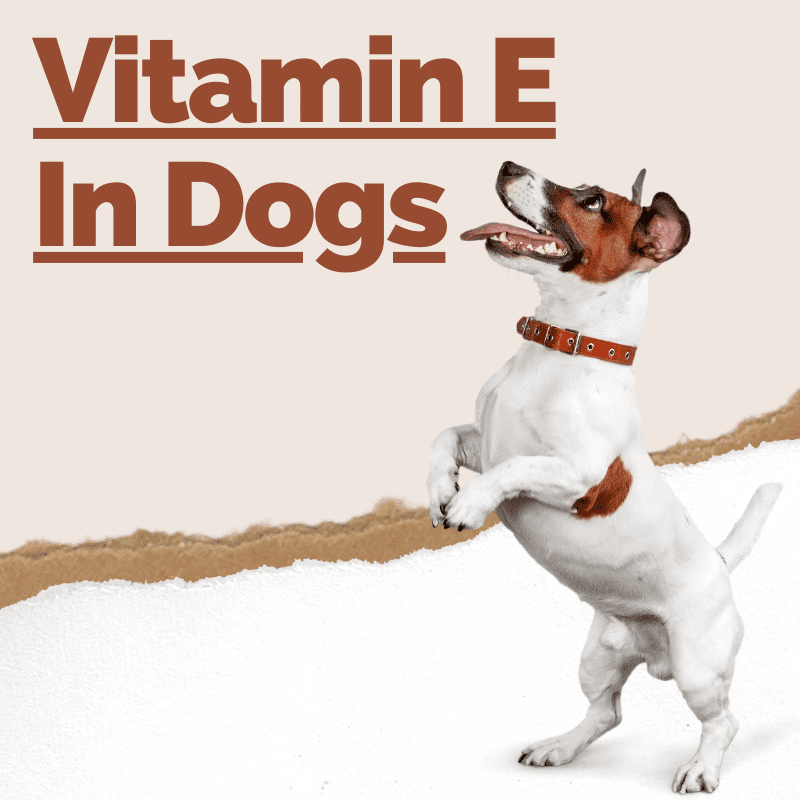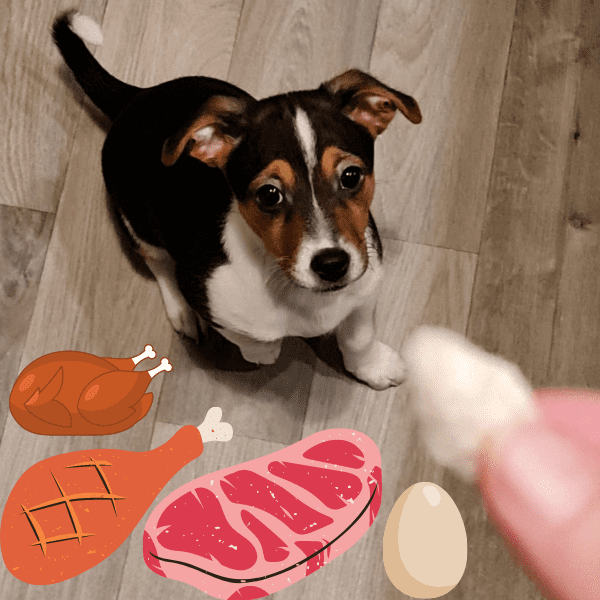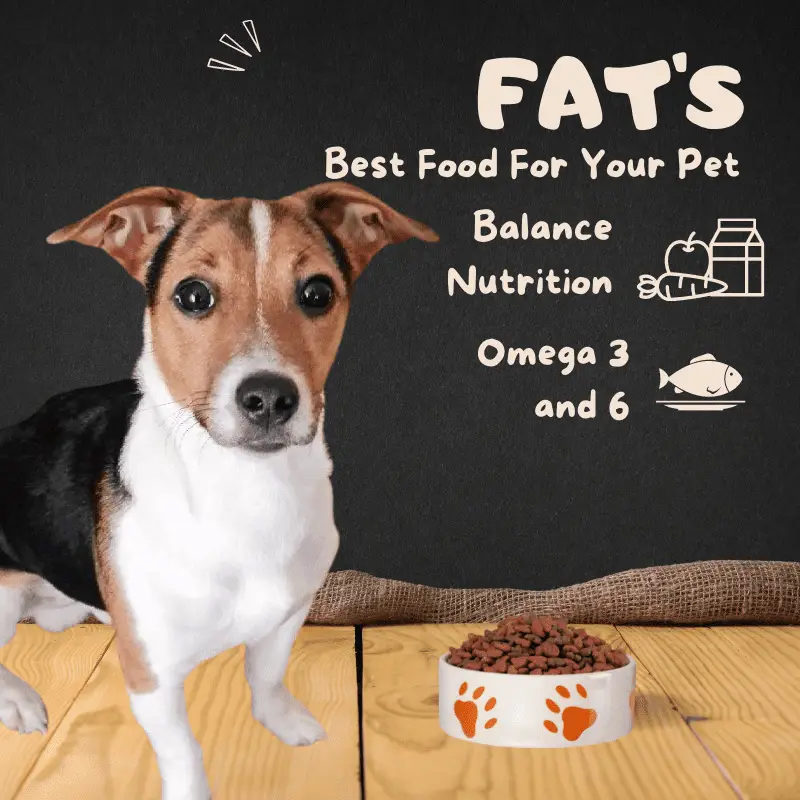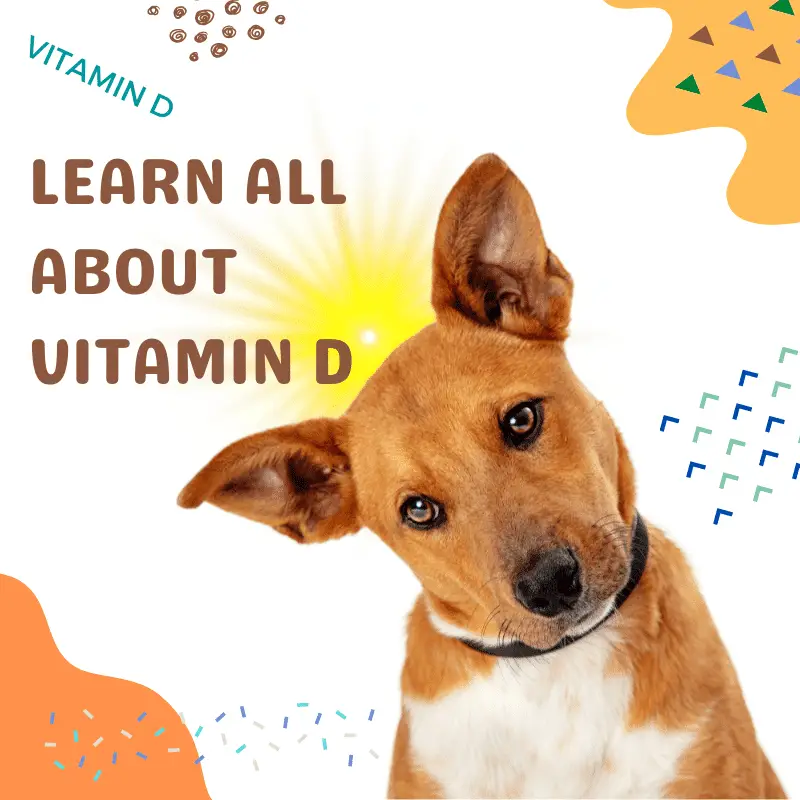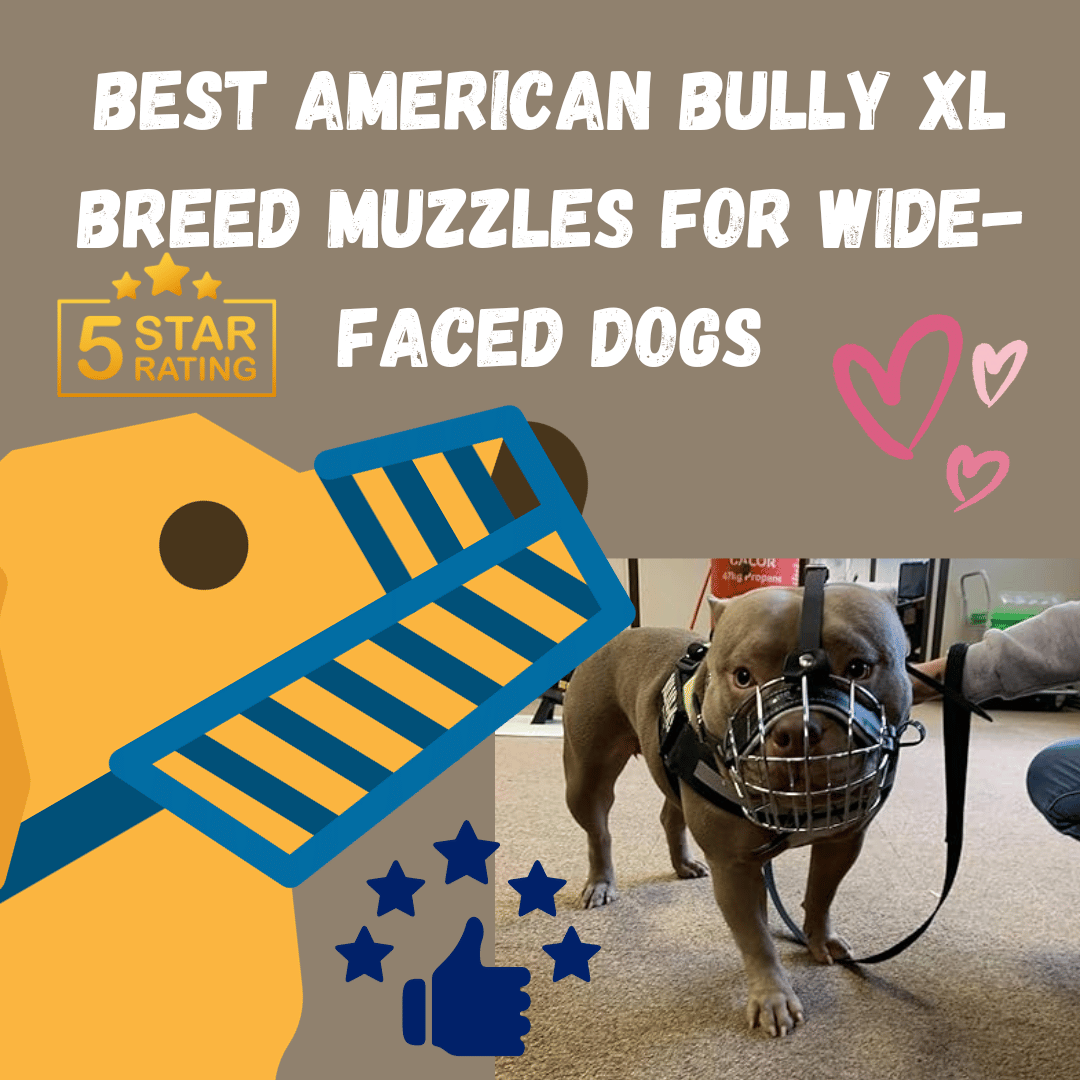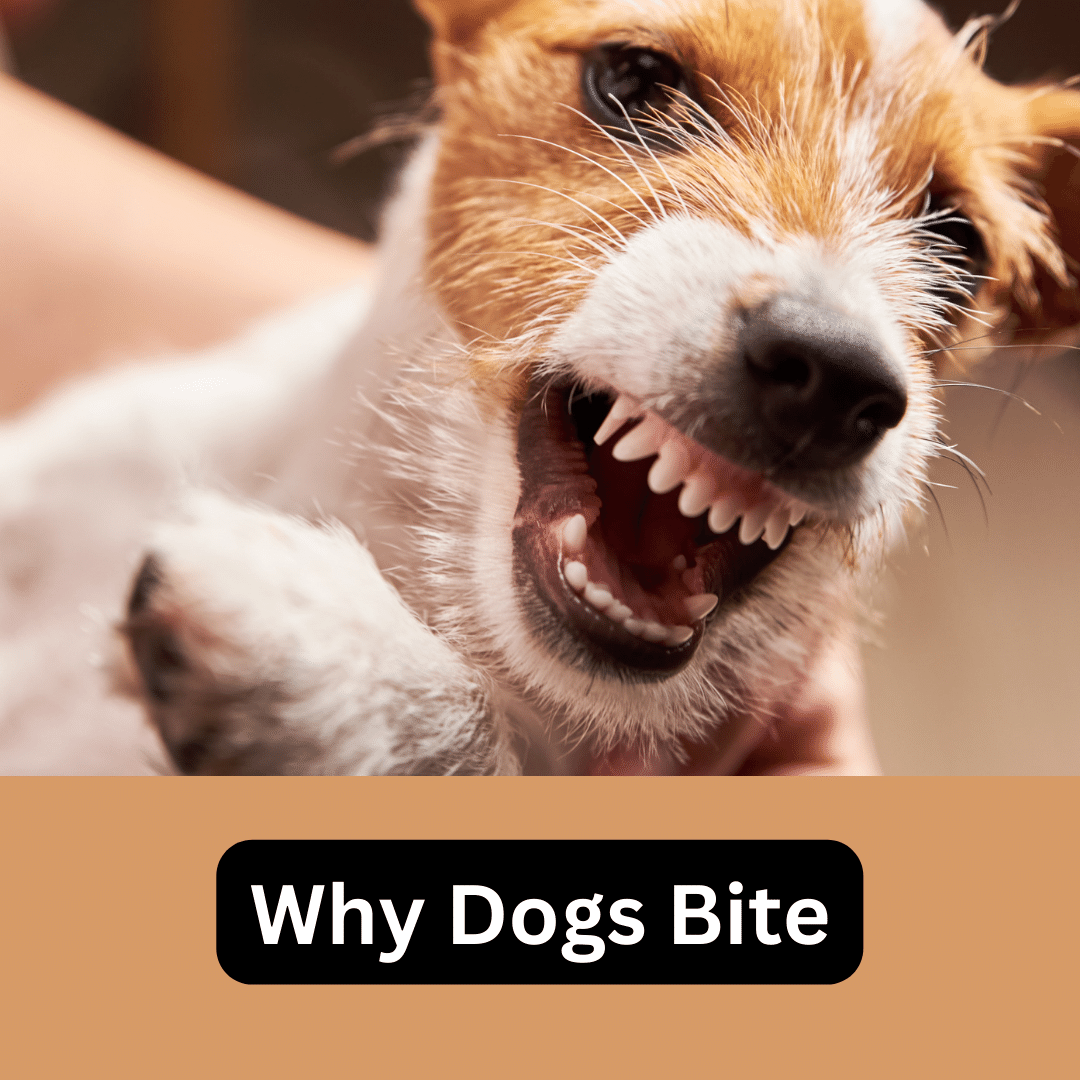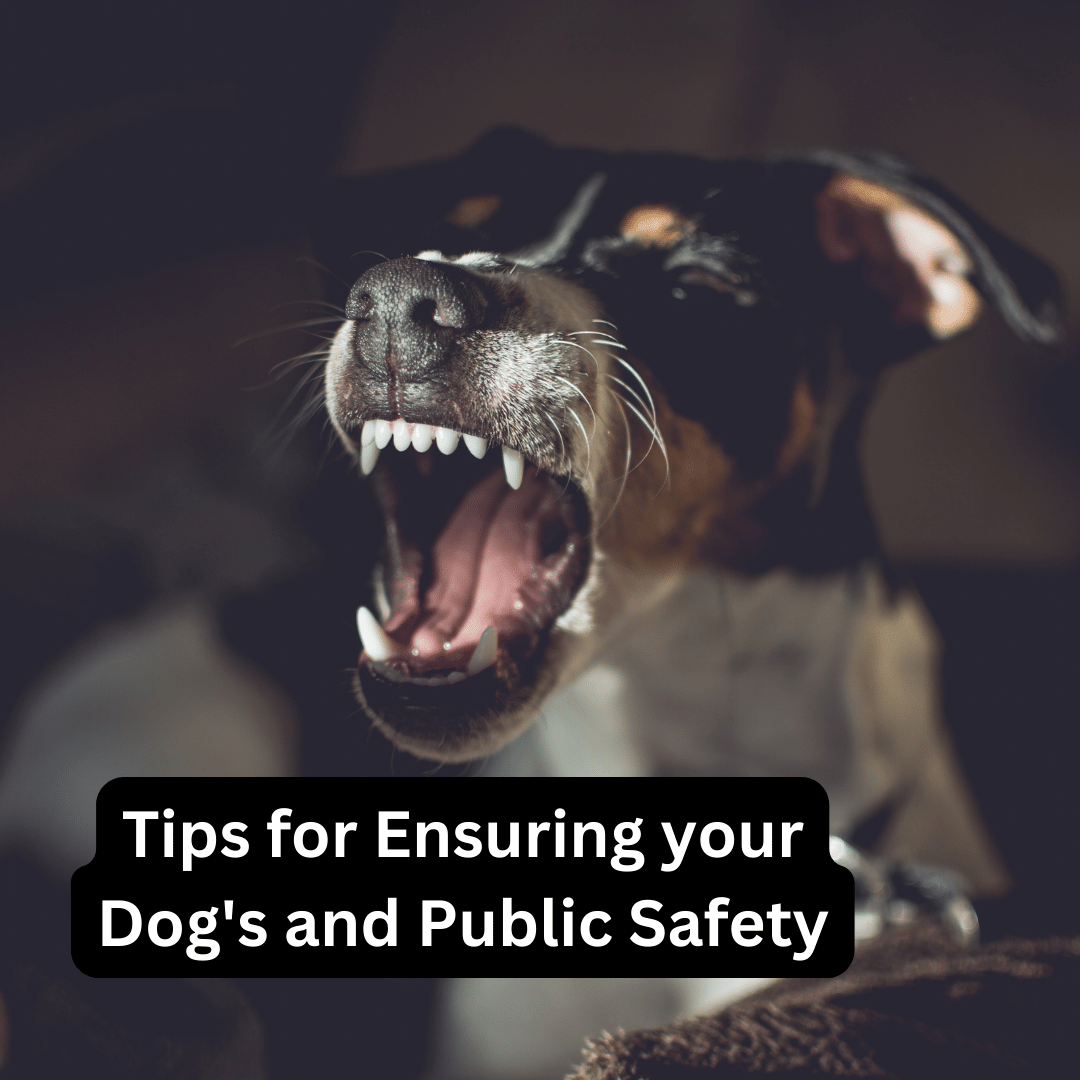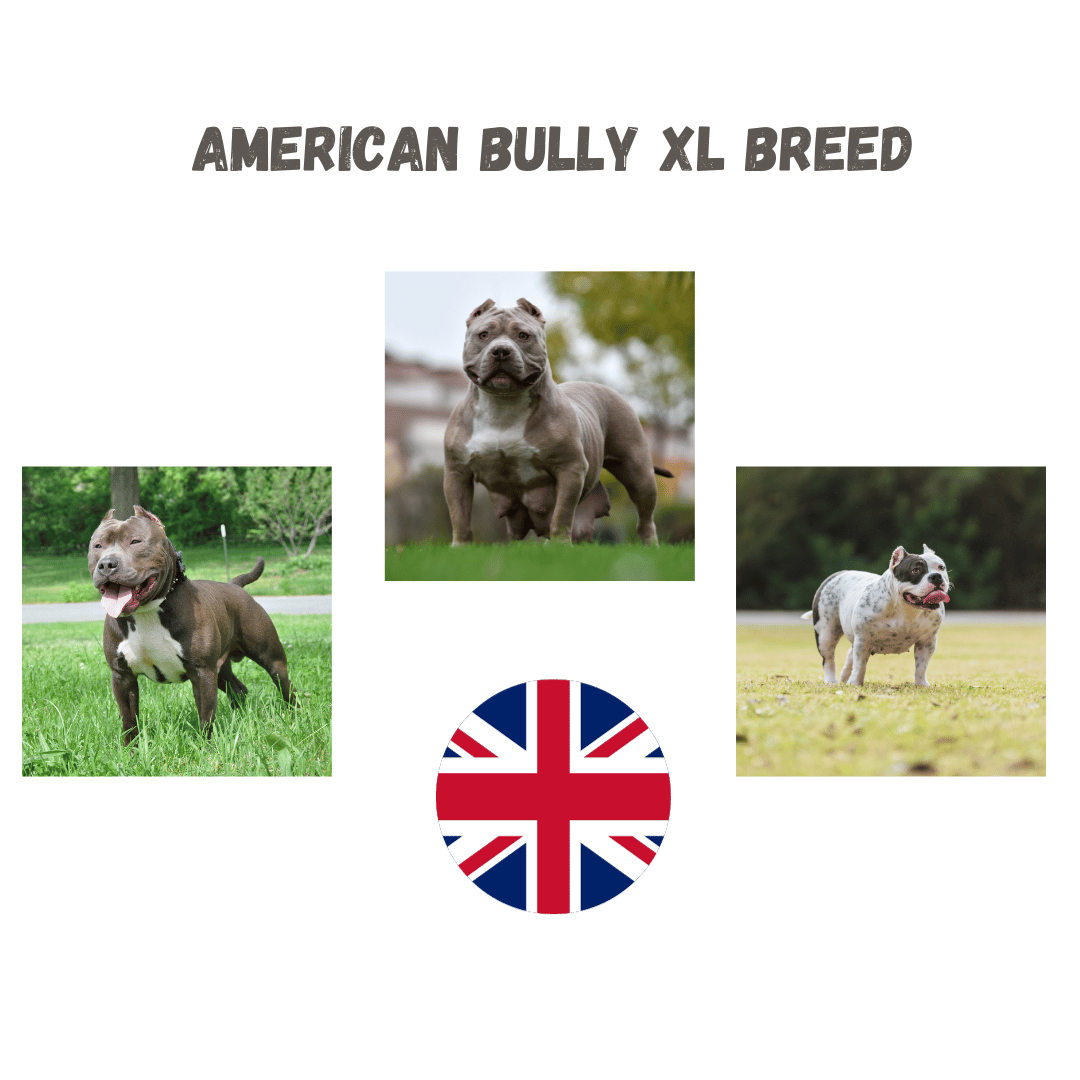To keep your dog healthy and happy, they need the entire vitamin and minerals range for optimum health. One of the important ones to add is Vitamin A.
Vitamin A is vital for puppies because it is involved in growth within the early stages of puppyhood.
Vitamin A is a fat-soluble vitamin, which means there is a chance of overdose.
Benefits of Vitamin A
- Continued support for muscles
- Proper bone formation
- Formation of organs during puppyhood
- Healthy skin and coat
- It supports and adds to a robust immune system
- It supports healthy eyes, especially nighttime vision.
Deficiency in Vitamin A can lead to:
- Hair and skin issues
- Low growth rate among puppies
- Muscle weakness
- Nighttime blindness
- Poor Vision
- Reproductive failure
- Retarted growth
Vitamin A Enriched Foods For Dogs
The listed foods are safe for dogs to eat in moderation to boost their vitamin A.
The primary source of vitamin A is carotene. Carotene is the pigmentation that makes specific colours found in fresh foods and plants, such as a carrot.
Amount of Vitamin A Dog’s Needs a Day
Vitamin A gets stored in the dog’s liver cells called lipocytes and doesn’t get distributed until required, so over-supplementation is possible however is still rare in dogs.
- The recommended minimum daily amount of vitamin A for dogs is 50 IU/ib.
How to check that your dog is getting enough vitamin A
The first thing to check to ensure your dog is getting enough vitamin A and is of good quality is to inspect the back label of the dog food you feed them.
Many brands state on the front packaging that it’s the best and healthiest food ever. However, the back label tells an entirely different story.
I have listed some bad and unhealthy ingredients for you to check for and some good ingredients of the best quality.
Bad ingredients
Bone Meal: This is bones grounded up of any animal to provide poor quality calcium.
Derivatives: Can be any part of any animal, including beak, bones, or feet added. Sometimes it can state the type of animal. However, it will still be any part of that specific animal—classed as poor-quality nutrition.
Vegetable Derivatives: Vegetables from many possible vegetable sources. These can be either good or bad—generally, it’s human vegetable preparation waste.
Fat: Animal fat is often sprayed on dog food to make it tastier and more appealing. The fat comes from the cooking process of the animal, and when it’s heated to a very high temperature, and as the grease floats to the top, it’s gathered up for use. Dogs certainly need fat in their diet—however, it’s questionable if this is the best option.
Check for these nasty ingredients, and if any are found, you should change your dog’s food.
Good Ingredients
If your dog’s food has any of the below ingredients listed, then the food is of good quality.
Vegetables: These are the purest of good quality vegetables needed in a dog’s diet.
Botanicals, Herbs or Plants: These are added health enhancements for your dog. If this is listed on the label, it means excellent quality dog food with your dog’s health at the forefront of their company.
Pure Meat: Meat taken from a specific animal. Such as beef, chicken, or duck. The best quality dog foods have pure or fresh meat labelled on the back.
How do I up my dog’s Vitamin A intake?
The best way to up your dog’s vitamin A intake the healthy way is to provide them daily with added fresh foods containing vitamin A like a carrot, egg-yolk, kale and spinach.
It’s rare for dogs to be vitamin A deficient. However, if they are, a veterinarian would need to confirm this and provide you advice tailored to your dog on a supplement to take because, in this case, adding food probably won’t be enough.
Adding a multivitamin is a good super-boost all around for fussy eaters. If your dog doesn’t like fresh foods, like carrot or kale, you could opt for a multivitamin instead that doesn’t only have Vitamin A but will also have C, D, E, K, Zinc, and all the B vitamins.
Is Vitamin A toxic to a dog?
Vitamin A has several roles and is essential to a dog’s health. However, this vitamin is a fat-soluble vitamin and gets stored in the dog’s liver. If a dog’s body has too much vitamin A, it can become toxic and unrestrained in the bloodstream.
Toxic Symptoms of Vitamin A in Dogs
Usually, the symptoms will be not one but a few of them below.
- Behavioural issues
- Diarrhoea
- Drowsiness
- Vomiting
- Weakness
Vitamin Types
The difference between fat-soluble and water-soluble vitamins is any excess water-soluble vitamins found in the body will be expelled in the dog’s urine, thus causing no build-up or problems. Compared to fat-soluble vitamins, they can become toxic in excessive amounts because they build up within the body.
Too much of anything, even if it’s a good thing, can become a bad thing.
Below is a list, so you are fully aware of which vitamins are water-soluble and which ones are fat-soluble.
Fat-Soluble Vitamins
Water-Soluble Vitamins
- Vitamin B1 (Thiamine)
- Vitamin B2 (Riboflavin)
- Vitamin B3 (Niacin)
- Vitamin B5 (Pantothenic Acid)
- Vitamin B6 (Pyridoxine)
- Vitamin B7 (Biotin)
- Vitamin B9 (Folic Acid)
- Vitamin B12 (Cobalamin)
- Vitamin C
Summary
Now that we have learned about Vitamin A, what it does in a dog’s body, and what happens if it is deficient. You should now have enough information for your next step, whether you were here to learn about vitamin A or you want to up your dog’s intake, either by fresh food or supplements.
Remember that vitamin A is a fat-soluble vitamin, and too much can become toxic. Even though the amount needs to be highly excessive to cause toxicity, it’s something you certainly need to be aware of.
Good Luck!
